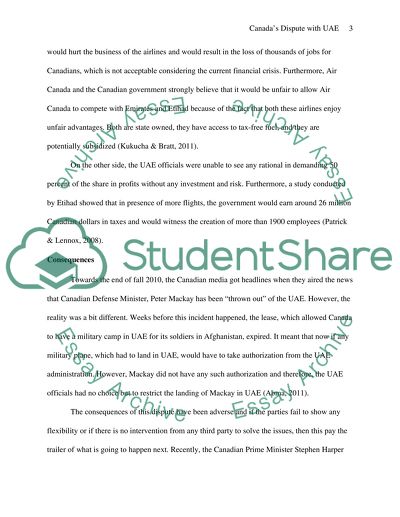Cite this document
(“Canada's Dispute with the UAE Research Paper Example | Topics and Well Written Essays - 1500 words”, n.d.)
Retrieved from https://studentshare.org/politics/1421626-canadas-dispute-with-the-uae
Retrieved from https://studentshare.org/politics/1421626-canadas-dispute-with-the-uae
(Canada'S Dispute With the UAE Research Paper Example | Topics and Well Written Essays - 1500 Words)
https://studentshare.org/politics/1421626-canadas-dispute-with-the-uae.
https://studentshare.org/politics/1421626-canadas-dispute-with-the-uae.
“Canada'S Dispute With the UAE Research Paper Example | Topics and Well Written Essays - 1500 Words”, n.d. https://studentshare.org/politics/1421626-canadas-dispute-with-the-uae.


